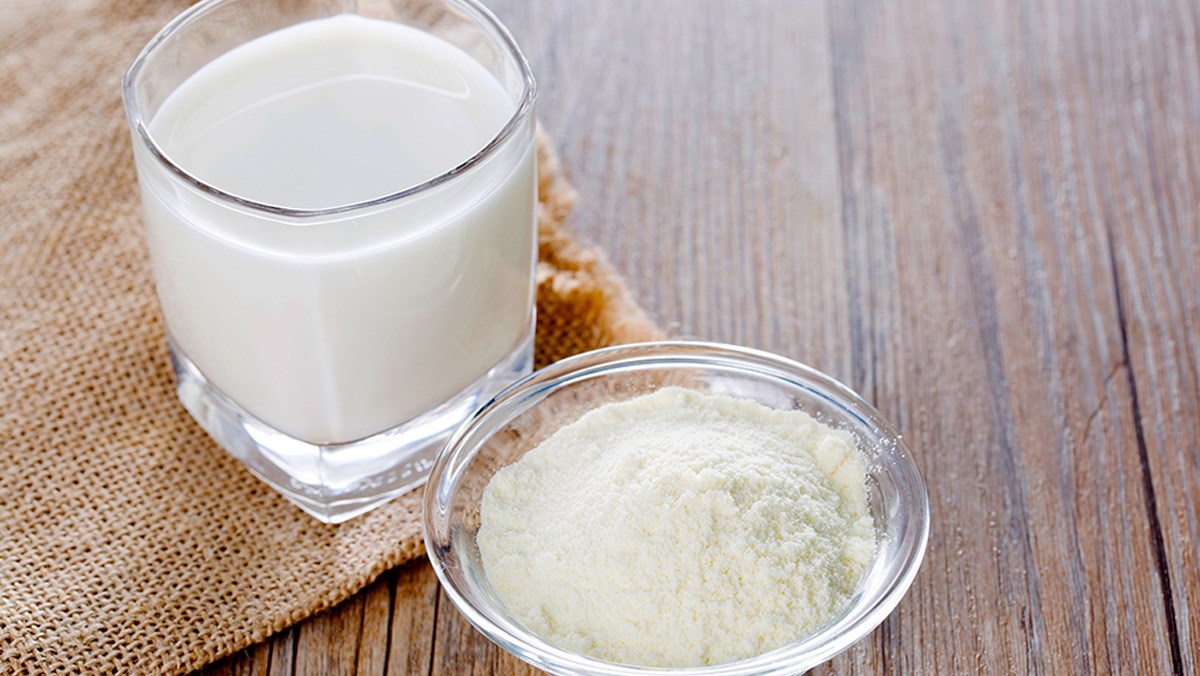Dairy processing involves the separation of milk components into various products such as cheese, butter, and whey. Whey is a valuable byproduct of dairy processing that is used in a variety of applications, including as an ingredient in food products.
One of the components of whey is whey permeate, which has gained attention in recent years for its potential benefits in various industries. In this article, we will explore what whey permeate is, its composition, production, and potential applications.
What is Whey Permeate?
Whey permeate is a byproduct of the ultrafiltration process used to concentrate whey proteins. During the ultrafiltration process, the larger proteins are separated from the smaller molecules and water. The water and smaller molecules that pass through the membrane are collected as whey permeate. Whey permeate contains lactose, minerals, and other small molecules.
Composition of Whey Permeate
Whey permeate contains about 70-80% lactose, along with minerals such as calcium, phosphorus, and potassium. Other components found in whey permeate include organic acids, amino acids, and vitamins.
Production of Whey Permeate
Whey permeate is produced by ultrafiltration, which involves passing whey through a membrane that separates the larger proteins from the smaller molecules and water. The water and small molecules that pass through the membrane are collected as whey permeate.
The collected whey permeate is then typically further processed, such as by evaporation and spray drying, to produce a powdered form for use in various applications.
Applications of Whey Permeate
Whey permeate has a range of potential applications in various industries. Some of the most common applications include:
- Food Industry: Whey permeate is often used as a sweetener and bulking agent in food products such as baked goods, confectionery, and dairy products. It can also be used as a flavor enhancer due to its naturally occurring organic acids.
- Animal Feed: Whey permeate can be used as a feed ingredient for various animals, including pigs, poultry, and calves. It provides a source of lactose and other nutrients that can improve animal growth and health.
- Fertilizer: Whey permeate can be used as a fertilizer due to its high content of nutrients such as phosphorus and potassium.
- Industrial Applications: Whey permeate can be used in various industrial applications, such as in the production of biofuels, as a fermentation substrate for the production of organic acids, and as a source of minerals for wastewater treatment.
Conclusion
Whey permeate is a valuable byproduct of dairy processing that has a range of potential applications in various industries. It is rich in lactose, minerals, and other small molecules that make it a useful ingredient in food products, animal feed, and fertilizers. Additionally, its potential use in industrial applications such as biofuel production and wastewater treatment makes it a valuable resource for sustainable development. As such, whey permeate represents an important aspect of the circular economy and the efficient utilization of dairy byproducts.

